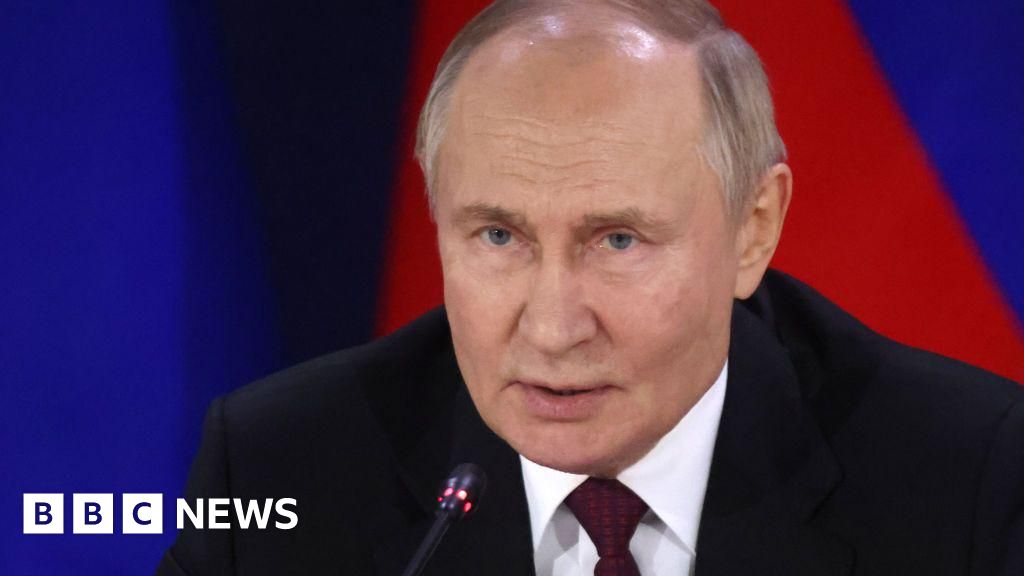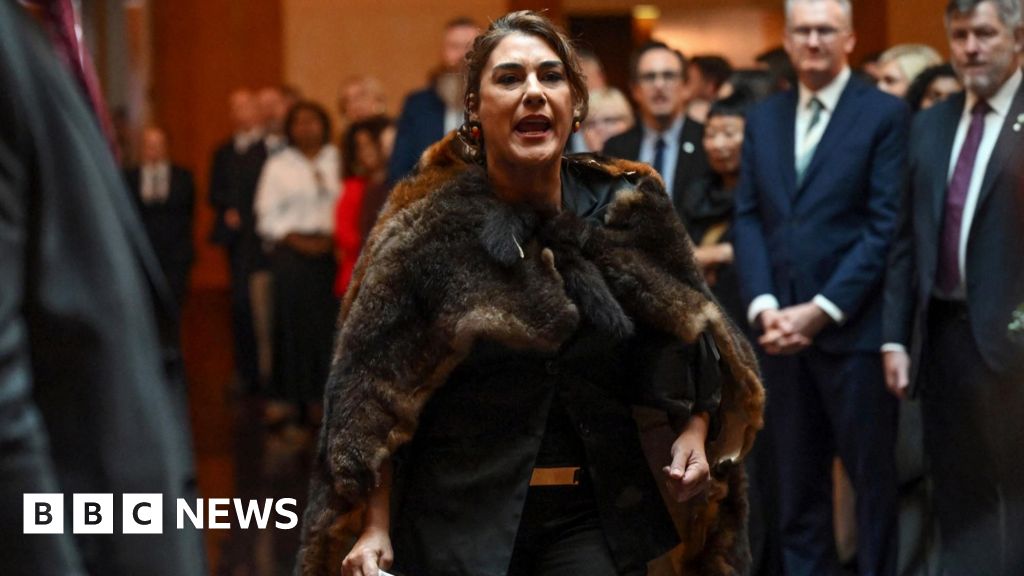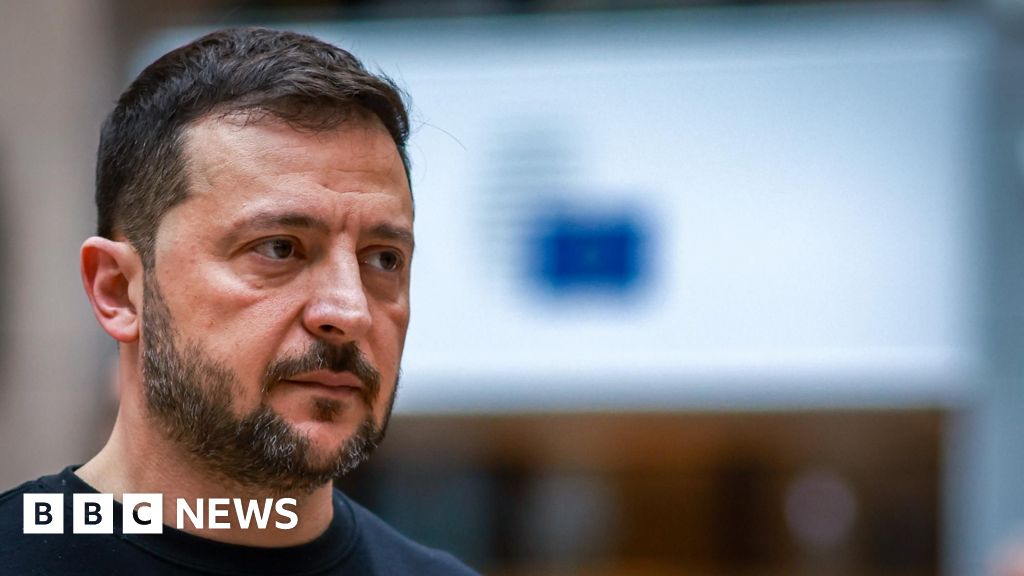ARTICLE AD BOX
Watch: War crimes a ''fabrication'' - Russian ambassador to the UK
Russia's ambassador in Britain has told the BBC he does not believe his country will use tactical nuclear weapons in the war against Ukraine.
Andrei Kelin said that according to Russian military rules, such weapons are not used in conflicts like this one.
Russia has very strict provision for their use, he said, mainly when the state's existence is threatened.
"It has nothing to do with the current operation," he told Sunday Morning.
When Vladimir Putin put his nuclear forces on high alert in late February, soon after the invasion, it was widely perceived as a warning.
Mr Putin blamed the development on aggression by the West and Nato. But the UK's Defence Secretary Ben Wallace branded it an attempt to distract people from "what's going wrong in Ukraine", saying Russia was behind schedule on its invasion after just a few days, and trying to "remind the world" it had a deterrent.
Tactical nuclear weapons are those which can be used at relatively short distances, as opposed to "strategic" nuclear weapons which can be launched over much longer distances and raise the spectre of all-out nuclear war.
But the term still includes many types of weapon, including smaller bombs and missiles used on a battlefield. Russia is thought to have about 2,000 tactical nuclear weapons
In a sometimes terse exchange with the BBC's Clive Myrie, the ambassador also denied Russian forces were shelling civilians and said allegations of war crimes in the town of Bucha were a "fabrication".
Asked the question, "Why is Russia conducting this war in this way, committing war crimes?" Mr Kelin replied: "The mayor of Bucha in his initial statement has confirmed that Russian troops has left, everything is clean and calm, the town in a normal state.
"Nothing is happening, no bodies are on the street. But next, after it has been done - but anyway..."
Myrie then pressed him: "So this is all made up, Sir? This is all a fabrication? All this evidence is a fabrication?"
The ambassador claimed allegations of war crimes in the town of Bucha were a "fabrication" - despite physical evidence, satellite imagery and eyewitness acounts
"In our view it is a fabrication. It is used just to interrupt negotiations," the ambassador replied.
Russia has made such allegations before, with Foreign Minister Sergei Lavrov earlier claiming that footage of bodies in Bucha was "staged" after the Russians withdrew.
This was contradicted by numerous eyewitness accounts from residents, who told the BBC that Russian troops had summarily executed their loved ones.
"He was just a peaceful man, a family man, a welder, who struggled with a spine fracture and was disabled all his life," one man said of his murdered son-in-law.
Satellite imagery also appears to directly contradict Moscow's position, showing bodies lying in the street nearly two weeks before the Russians left the town.
The full interview with Clive Myrie will be broadcast on Sunday Morning, BBC One at 09:00 BST.

 2 years ago
34
2 years ago
34








 English (US)
English (US)